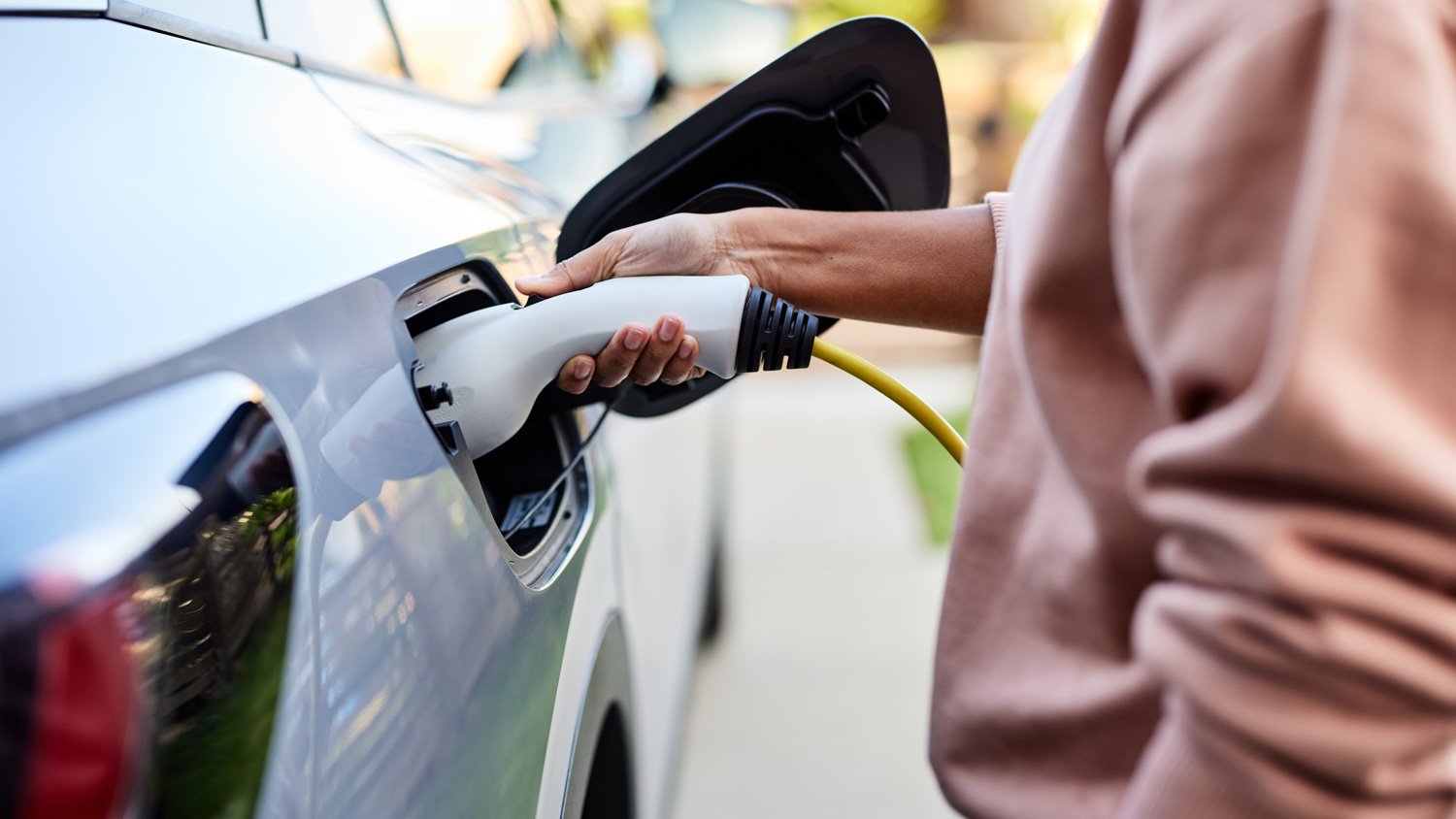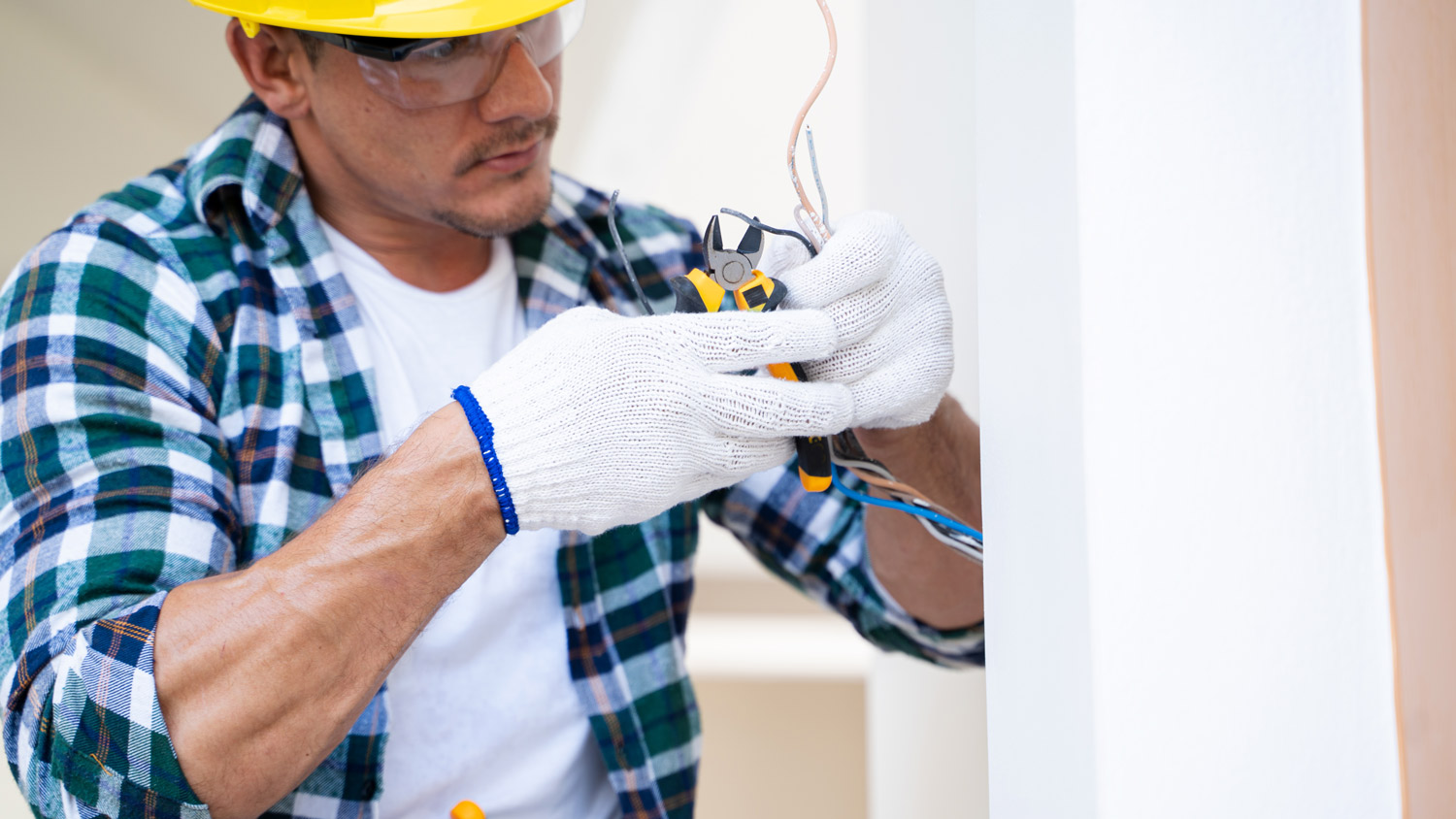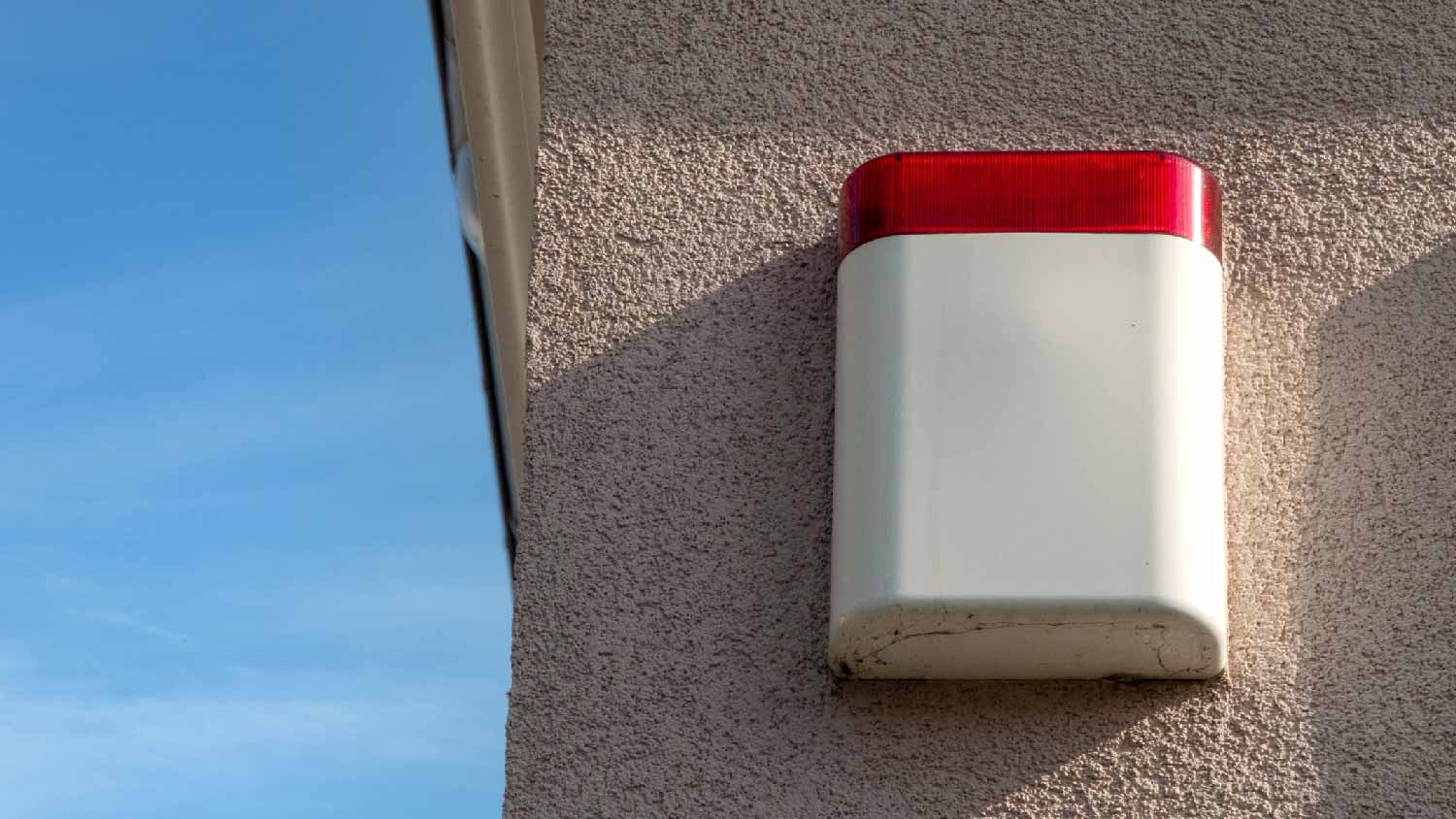
Old or worn electrical wires can interrupt the electrical supply to your home. Find out the cost to replace the wire from the meter to the breaker box.
There are a few things to consider before you plug in your EV charger
Homes with a 200-amp service panel can accommodate most EV chargers.
Electrical load calculation determines if your panel can handle an EV charger.
Level 1 EV chargers use standard 120V outlets, while Level 2 chargers require a 240V circuit and a dedicated 40-60 amp breaker.
Circuit-sharing devices, energy management systems, adjustable charging settings, and smart panels can help avoid a panel replacement.
Purchasing an electric vehicle is an exciting switch—but, like many upgrades, it’s not without a few growing pains. For instance, you’ll need a way to charge your new eco-friendly vehicle, and you might be wondering: “If I need to install an EV charger, do I need to upgrade my electrical panel?” The short answer is, it depends. Let’s get into what to consider about your current electrical system when installing an EV charger.


If you’re wondering whether you should upgrade your home’s electrical panel for an EV charger, the first thing you need to determine is whether your current electrical panel has the capacity to support an EV charger. Most modern homes have a 200-amp panel, which is sufficient for additional appliances, including an EV charger. However, older homes with 100-amp panels will likely need to upgrade to 200-amp service, which is the modern standard.
An electrical load calculation performed by a licensed electrician is the best way to determine if your panel can handle an EV charger. This calculation considers factors like your home’s square footage, the sum of major appliances, heating and cooling systems, and other electrical loads. If your panel is already near its limit, adding an EV charger without an upgrade could cause tripped breakers or overload your home’s electrical system.
| Type of EV Charger | Outlet Voltage | Miles of Range Per Charging Hour |
|---|---|---|
| Level 1 | 120-volt | 4–5 miles |
| Level 2 | 240-volt | 25–50 miles |
The type of EV charger you install plays a key role in whether an electrical panel upgrade is necessary. Level 1 charging uses a standard 120-volt outlet and adds about 4 to 5 miles of range per hour of charging. Since it draws minimal power, most homes can accommodate Level 1 charging without having to upgrade the electrical panel.
A Level 2 charger operates on a 240-volt circuit and can provide 25 to 50 miles of range per hour. These chargers typically require a dedicated circuit with a 40- to 60-amp breaker. An upgrade might be necessary if your electrical panel doesn’t have enough available capacity.

While there is a safe way to upgrade your home’s electrical panel yourself, the best option (unless you’re specially trained) is to work with a licensed electrician to assess your current electrical system and determine the necessary upgrades. Next, you’ll need to obtain permits, as major electrical work requires approval from your local municipality. Your electrician will handle this process on your behalf and submit a permit application detailing the scope of work.
Once the necessary permits are secured, the next step is to schedule a service disconnect with your utility provider. Then, the electrician will remove the old panel, install the upgraded panel, and replace any necessary wiring and breakers to accommodate the increased capacity. Before your power can be restored, a local inspector will examine the work to ensure it meets safety and code requirements. Once it’s approved, your utility provider will reconnect your service and you’ll be good to install your new EV charger.
If your panel is nearing capacity but you want to install a Level 2 charger, there are ways to avoid a costly full panel upgrade. Circuit-sharing devices are one option, which allow you to alternate power between an appliance like an electric dryer and the EV charger, ensuring you don’t go over capacity by powering both.
Another alternative is an energy management system, which monitors your overall household electricity usage and temporarily shuts off the EV charger when your panel reaches 80% capacity. When other appliances cycle off, power is restored to the charger.
Installing an EV charger is simple for most models. First, you mount the unit to a wall stud, then you plug it in. However, if you don’t have the appropriate outlet in your garage, this will add a few extra steps, including running new wiring from your electrical panel, installing a double-pole breaker, and ensuring all components meet local electrical codes.
If you plan to hardwire your EV charger instead of using a plug-in model, professional installation is strongly advisable to ensure safety and compliance with local code regulations.
If you need to upgrade your electrical panel to accommodate your EV charger, or if you’re still not sure if it’s necessary, hiring a local electrician will clear up any uncertainties and ensure your home’s electrical system is ready. The cost of hiring an electrician for an electrical panel upgrade ranges from $1,200 to $2,000 on average, but it’s well worth the investment if you don’t have the training to safely do the upgrade yourself. Once everything is good to go, you’ll be set for worry-free charging for your new EV, with plenty left to power your home’s other electrical necessities.
From average costs to expert advice, get all the answers you need to get your job done.

Old or worn electrical wires can interrupt the electrical supply to your home. Find out the cost to replace the wire from the meter to the breaker box.

Looking to size up your electrical system to cover higher usage and improve efficiency? Use this guide to see the cost to upgrade an electrical panel.

Attic fan installation costs vary based on location, fan type, and other factors. Get the cost breakdown for labor, materials, and additional extras so you can work out your budget for this essential home renovation project.

Safety outlets cut power to connecting devices for various reasons. Learn how to reset GFCI outlets yourself and when hiring a pro is best.

Removing an alarm system may require the assistance of a professional electrician. Find out the average cost to remove old house alarms.

Learn how to strip wire safely and effectively with these tools and techniques.